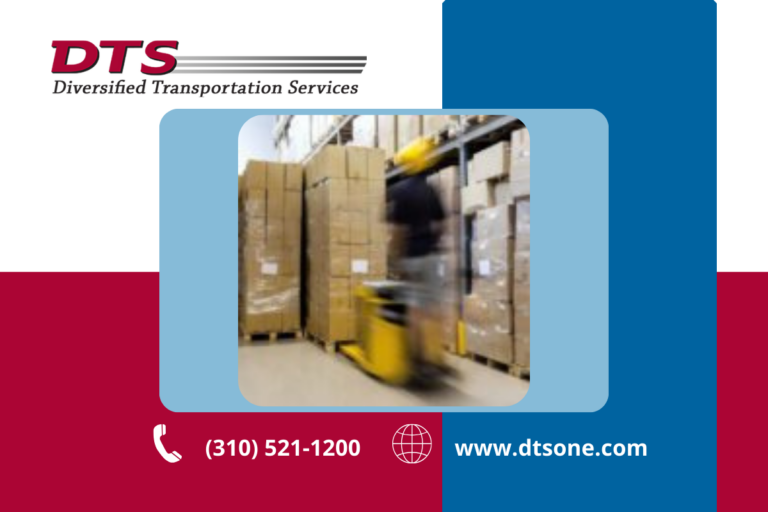
Air freight shipping services and ocean freight shipping services are often compared, and to be fair, this makes sense at first: you can’t drive across the water or hitch a ride across the Atlantic on a train, which leaves only air and ocean.
That being said, air freight and ocean freight are two very different animals with very different uses. It’s honestly like comparing apples to oranges in many different situations — what you’re shipping, how large your shipment is, how often you’re shipping, when it needs to get there, how soon your client needs it to be there, the consequences of a late shipment, the relationship with the client, cost, and other variables all play a factor in choosing between air freight shipping services and an alternative.
Asking which you should use is like asking if a helicopter is better than a jet — neither is better overall, they’re just better at different types of tasks, and the one you choose depends on the job you need it to do.
The same goes for all forms of shipping. Whether you choose air, rail, road, ocean, or a blended solution, there are advantages and disadvantages that you should be aware of to make the most cost-effective choices while still benefitting your customers.
For this article, we want to focus primarily on air freight: when you should use it when you might want to avoid it, what to consider, and how to get quality shipping while keeping costs low.
Air International Shipping — Speed Is Usually an Advantage
This is probably the primary benefit of shipping air over any other form of shipping — it’s incredibly fast in most cases.
And when I say that it’s incredibly fast, I don’t just mean that air freight, physically, moves faster than other types of carriers (though yes, that is the case).
I also mean that, especially when there are delays (or worse, your shipment misses a flight), air freight shipment tends to be able to pivot quickly, meaning you can get on a new flight quickly (as compared to, say, ocean freight, where missing a voyage could mean waiting days, weeks, or even longer to get on another vessel).
That being said, there can be cases where air freight is slower than other services, but these cases are uncommon.
Still, the savvy shipper can sometimes save some time (as well as some money!) by identifying opportunities like this, where an uncommon solution turns out to be the answer. This can be one of the greatest advantages of working with a quality third-party logistics provider — they can help you identify, and take advantage of, such opportunities.
Cost Is Usually a Disadvantage
Again, there are exceptions to every rule, but generally speaking, air freight quotes are going to be more expensive than ground freight services (including rail) or ocean freight services, sometimes on the order of 5 or 6 times more expensive.
There are many reasons for this, but the main reason is fairly straightforward — there’s less space available. When space is at a premium, the cost of everything else rises.
That being said, there are, from time to time, instances where air freight might cost you less than shipping ocean or freight.
For the savvy business owner looking to decrease shipping costs while still maintaining quality, vetting a variety of different carriers and getting to know, in explicit detail, things like shipping rules, rate hikes and changes, accessorial and arbitrary charges, state and federal regulations, customs procedures and potential roadblocks, insurance requirements, etc., can help you find, and take advantage of, those rare opportunities where air freight might cost less than shipping through another avenue.
It’s a complicated calculation, which is why working with a 3PL provider can be so important.
Air Freight Shipping Services: Capacity May Be an Advantage or a Disadvantage
As with anything in life, not everything is clear cut, and this is the case when it comes to the capacity of air freight shipping.
Generally speaking, air freight has much less capacity than road rail, or ocean (which often plays a major role in the price difference), but this is not necessarily a disadvantage.
Consider the size of your business and your shipment — for many small businesses, filling up a shipping container, a trailer, or a freight car, is just not feasible. If shipping ground is a possibility, LTL (less than truckload) shipping might be a solution, but if you’re shipping to another country, air may be a better solution than LCL (less than container load) shipping via rail or ocean freight, especially if time is more of a factor (and cost is less of a factor).
If you have a small shipment that needs to be at its destination yesterday, air freight shipment may be a great solution, but if you’re shipping large items or have a large quantity of product to ship (and time is less of a factor), you’re probably going to have to go with ocean, rail, or road.
I say “probably” because there are so many exceptions in the world of shipping.
For example, you may have a very large shipment of many very small items, and you may need to get part of the shipment to your customer ASAP while the remainder of the shipment can move more slowly.
In this case, a blended solution of air and ocean or air and rail may be a better fit and save money while still keeping your client happy and your business running smoothly.
Got a Complicated Freight Problem? We Specialize in Custom Solutions
If you’re shipping internationally and need a logistics solution, we’d love to help.
To learn more about our international logistics solutions, and the services we provide, call us at 310-521-1200 or email us at marketing@dtsone.com
Whether you're a company looking to improve one facet of your supply chain, your entire supply chain, or simply looking for a transportation and logistics consultation, we can help.